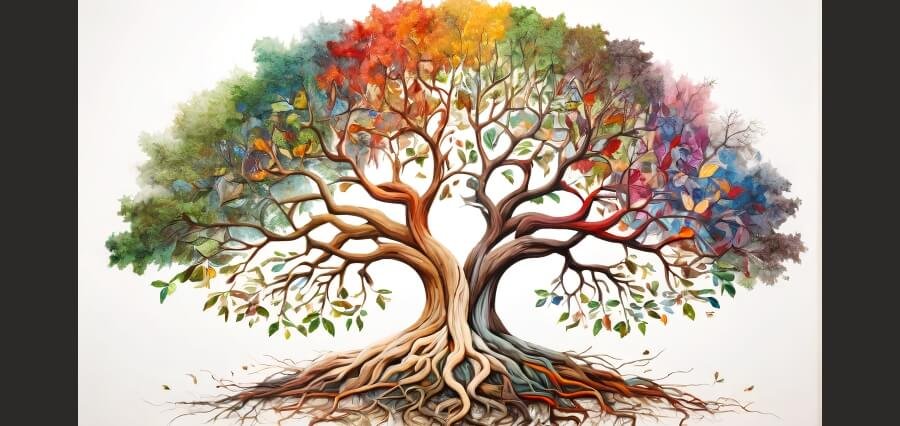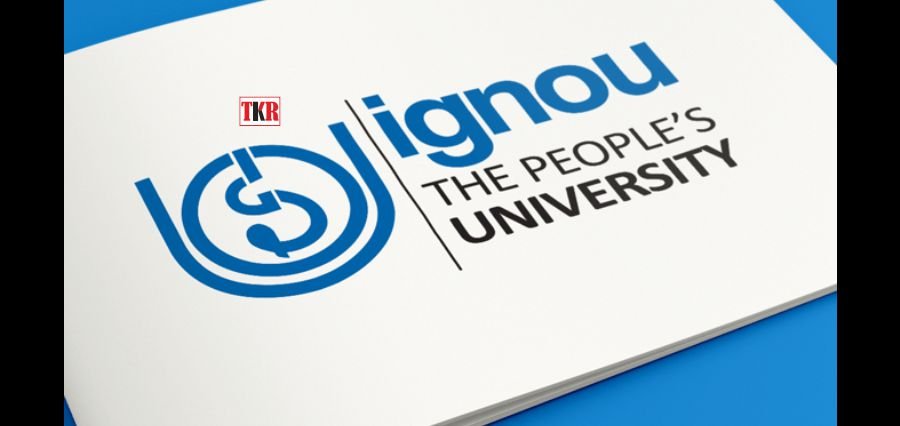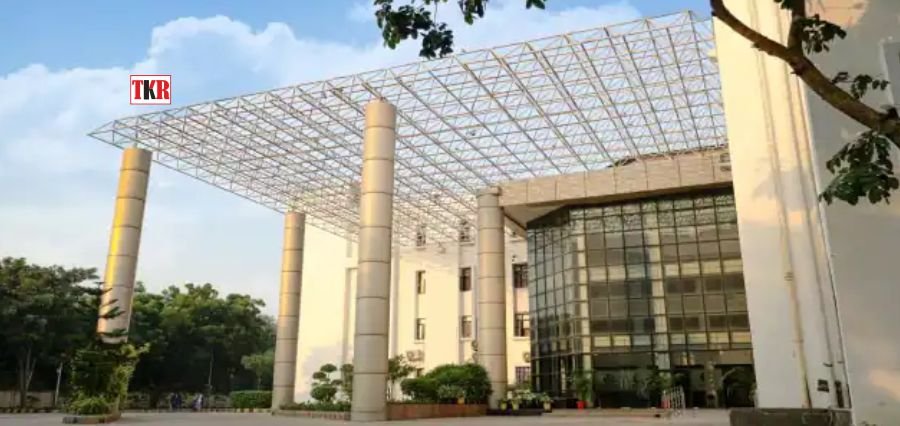The value of liberal arts education is being challenged. In a world focused on vocational skills and immediate economic returns, the value proposition of a broad, humanities-based curriculum faces intense scrutiny. Critics question the ‘usability’ of courses in philosophy or literature, highlighting the perceived mismatch between liberal arts and the demands of the job market.
However, this perspective overlooks the enduring strengths of a liberal arts education. While vocational training equips graduates for specific roles, a liberal arts education cultivates a more versatile skillset. Critical thinking, honed through analysing complex texts and dissecting arguments, translates seamlessly across industries. Effective communication is the foundation of liberal arts education that allows graduates to articulate ideas persuasively, a vital skill in any profession.
Furthermore, exposure to diverse disciplines fosters creativity, problem-solving abilities, and the capacity to adapt to evolving workplace demands. In a rapidly changing world, these are precisely the qualities that employers increasingly value.
Let’s join in on understanding the complex relationship between liberal arts education and vocationalism, exploring the crisis of purpose faced by liberal arts institutions and their students in today’s vocational society!
The Correlation: Crisis of Purpose
The correlation between reassessing liberal arts education and the crisis of purpose in a vocational society is rooted in the shifting paradigms of education and employment. As societies increasingly emphasize skill-based and job-focused training, liberal arts education, with its broader and more philosophical approach, is sometimes perceived as disconnected from practical career outcomes. This perceived crisis of purpose raises fundamental questions about the value and direction of liberal arts education in a world dominated by vocational demands.
Challenges Facing Liberal Arts Education
Liberal arts education is facing challenges. Students question the value proposition in a job-focused market, while rising costs create pressure. Institutions must demonstrate the enduring benefits of critical thinking, communication, and broad knowledge in a progressing changing world. Some of them include:
- Perceived Employability: Critics argue that liberal arts graduates may struggle to secure employment in competitive job markets that prioritize specialized skills over broad-based knowledge.
- Economic Justification: Rising tuition costs and student loan debts have led many to question the economic return on investment for liberal arts degrees compared to vocational or professional degrees.
- Changing Educational Priorities: As vocational training gains prominence, funding and resources for liberal arts programs may be diverted or reduced, leading to existential threats for liberal arts institutions.
Benefits and Value of Liberal Arts Education
Liberal arts education, often associated with a broad range of subjects beyond pre-professional training, offers a unique and valuable set of benefits in today’s world. Despite the above-mentioned challenges, liberal arts education offers unique benefits and value:
- Critical Thinking and Problem-Solving: Liberal arts education cultivates essential skills such as critical thinking, analytical reasoning, and problem-solving, which are highly transferable across diverse career paths.
- Creativity and Innovation: Liberal arts fosters creativity, imagination, and innovation, essential for adapting to rapidly changing industries and societal needs.
- Cultural and Global Understanding: Liberal arts promotes cultural awareness, empathy, and global citizenship, preparing students to navigate complex global challenges and diverse communities.
Reevaluating the Purpose of Liberal Arts Education
In a world focused on job training, the purpose of liberal arts is up for debate. While critics see a lack of practical application, a re-evaluation reveals its enduring value. Liberal arts cultivate critical thinkers, effective communicators, and adaptable citizens – qualities that thrive in a dynamic world. To address the crisis of purpose, liberal arts education must reevaluate its goals and outcomes:
- Integration of Practical Skills: Liberal arts programs can integrate practical skills training, internships, and experiential learning opportunities to enhance graduates’ employability and career readiness.
- Collaboration with Industry: Partnerships between liberal arts institutions and industries can bridge the gap between academic learning and practical application, enhancing the relevance of liberal arts education in vocational settings.
- Advocacy and Communication: Educators, policymakers, and stakeholders must advocate for the intrinsic value of liberal arts education in fostering well-rounded individuals, critical thinkers, and engaged citizens.
Conclusion
The reassessment of liberal arts education in a vocational society reflects a broader crisis of purpose facing higher education. As we navigate the demands of an increasingly vocational-driven society, it is essential to recognize and preserve the unique benefits and values of liberal arts education. Looking ahead, the future of liberal arts education lies in its ability to adapt, innovate, and demonstrate its relevance in addressing societal challenges and nurturing individuals with the skills, knowledge, and purpose to thrive in a rapidly changing world.
The future of liberal arts education will be shaped by efforts to reconcile its philosophical foundations with practical vocational demands. Innovations in interdisciplinary curriculum design, digital learning technologies, and lifelong learning initiatives will empower liberal arts institutions to remain relevant and responsive to evolving societal needs. By embracing adaptability and fostering meaningful collaborations with industries and communities, liberal arts education can reclaim its purpose and contribute to shaping a more inclusive, empathetic, and intellectually vibrant society.





